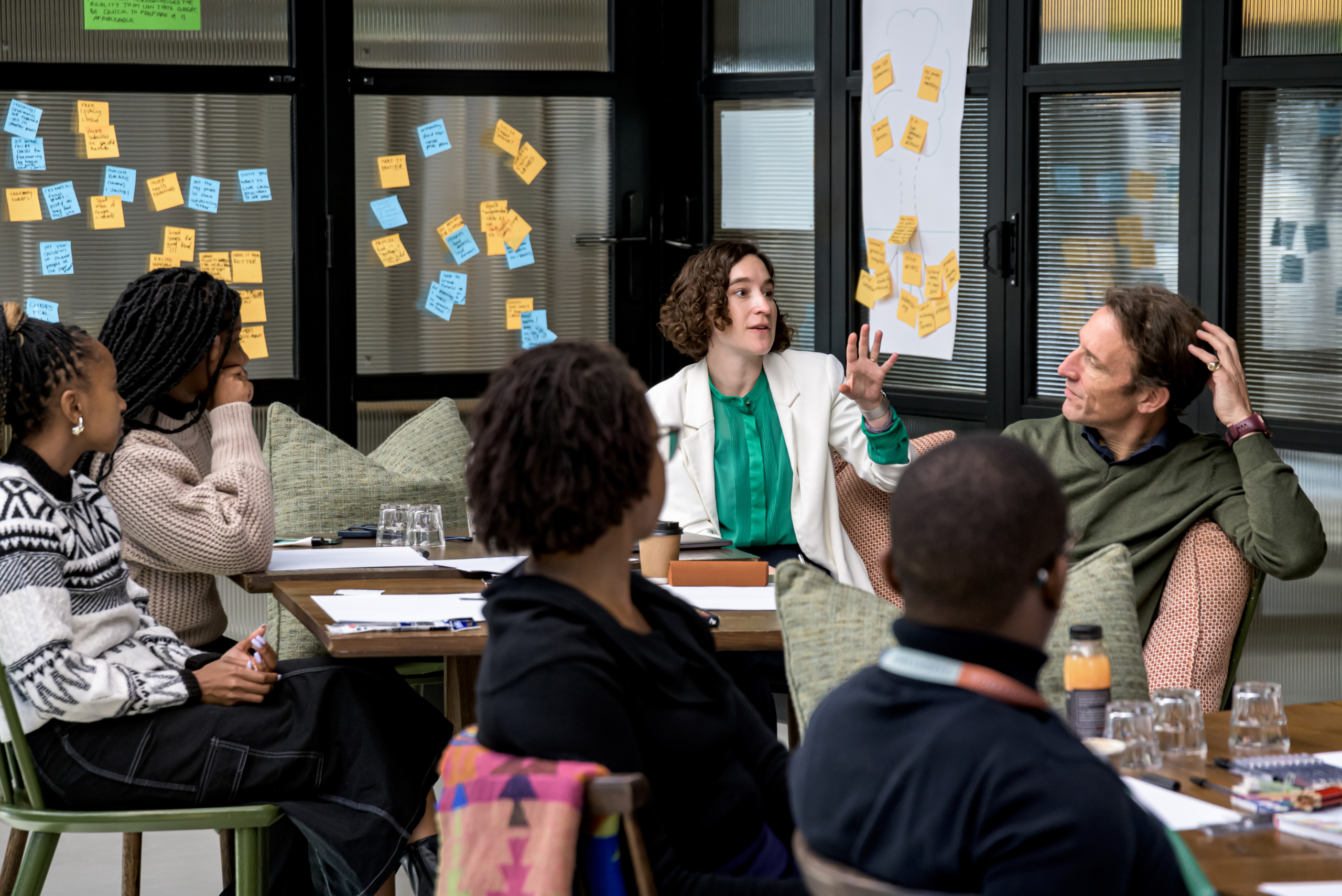We are excited to announce that Brink is now part of Africa Practice. Learn more
Four lessons for managing stakeholders

Infrastructure projects throw up a complex ecosystem of stakeholders that requires proactive management. Understanding the political economy and the needs and expectations of stakeholders is key to realising a project’s outcomes. Failure to manage contextual risk and subjugation of the ‘people’ component within a project design, leads projects to fail.
Our role in supporting some of the largest infrastructure projects over a period of more than 15 years, has exposed us to successes and failures in equal measure. We draw one simple conclusion from our experience – systematically engage with stakeholders throughout an infrastructure project’s lifecycle if you want to promote value and reduce risk.
Contextual risk
The capacity of a project to generate economic activity and deliver growth must be the primary consideration when assessing the viability of any project, but other factors such as affordability, inclusive development and environmental objectives need to be factored too. Indeed, some of the most challenging risks faced by projects comes from the external operating environment, not the project itself. That’s why IFC has developed new Environmental and Social (E&S) procedural requirements to make it easier to capture and present contextual risks and aggregate these into a coherent view.
Perception
Projects can only be considered successful when key stakeholders acknowledge they are a success. Smart project developers are sensitive to political priorities and economic cycles; they employ experienced professionals to manage politics and perception. They understand that significant opportunities exist to influence stakeholders’ perceptions and expectations for the benefit of both the stakeholders and the project.
Poor community relations can quickly filter up the chain of influence, threatening licence to operate. That’s why it’s critical to work the whole vertical – engaging with international development finance institutions, national governments, suppliers, contractors and the local community – to generate project support for a project at every level.
Four steps for managing contextual risk
- Stakeholder-Centric: design your project for mutual benefit (government, industry and community) and reflect this in your communications.
- Integrated Management: employ professionals with skills and experience to institutionalise stakeholder management processes and integrate these at project inception.
- Predictive: employ predictive risk assessment tools and techniques to monitor and anticipate contextual risk.
- Proactive: engage proactively, ethically and effectively with critical stakeholders to manage expectations and perception.
Marcus Courage is CEO of Africa Practice, a strategic advisory firm operating at the intersection of industry and government. Marcus has counselled sponsors and developers of power, energy, transport, housing and mining projects in East, West, Southern and Central Africa, helping them to secure approvals, win support, raise capital and avoid untimely delays and cost-overruns.
Proud to be BCorp. We are part of the global movement for an inclusive, equitable, and regenerative economic system. Learn more


